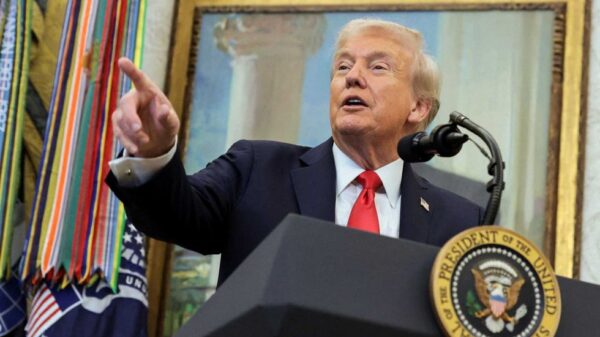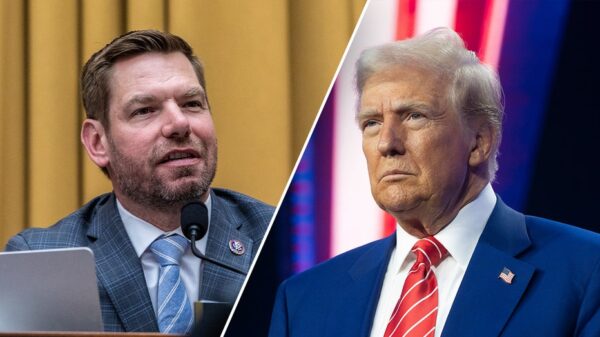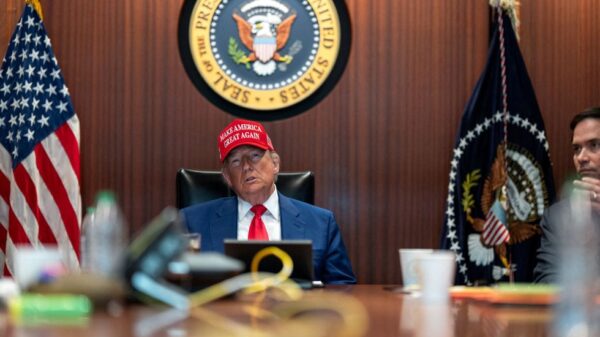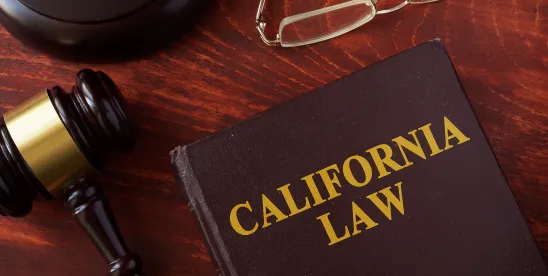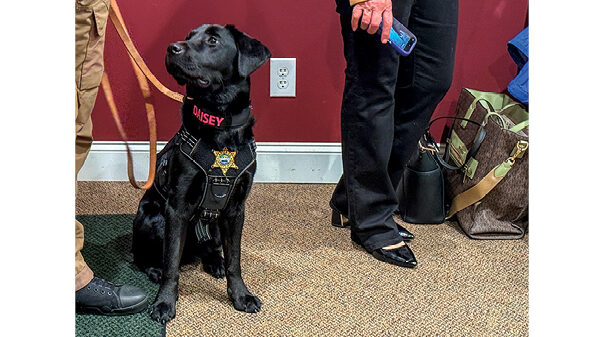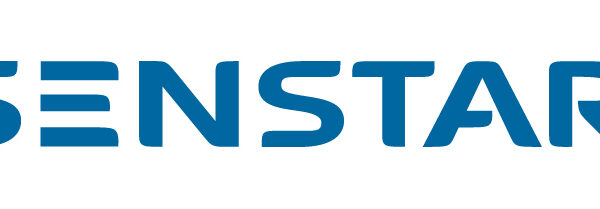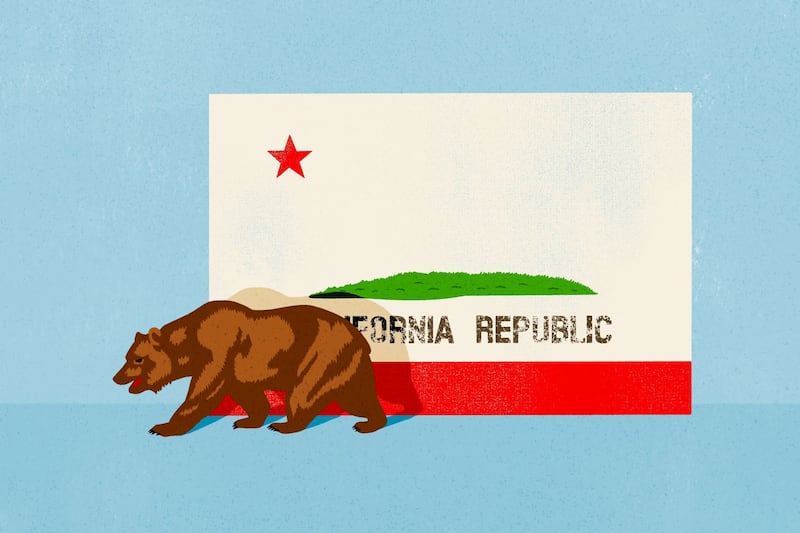The satirical website The Babylon Bee has emerged victorious following a recent ruling by a federal judge, which deemed a California law restricting certain deepfake content unconstitutional. This decision comes as a significant win for the website, which has frequently targeted California Governor Gavin Newsom and other prominent figures through its humorous lens.
In a satirical video posted on YouTube last year, The Babylon Bee portrayed California as “America’s future,” showcasing images of homelessness, smog, wildfires, and traffic congestion. The narrator quipped, “California is a premium state with premium ideas,” highlighting the state’s high living costs. The video exemplifies the website’s approach to humor, which has often drawn the ire of the political left.
The recent court ruling follows the enactment of two laws in California aimed at regulating “deepfake” content. Specifically, AB 2839 prohibited materially deceptive content about candidates and election officials within a designated timeframe around elections, while AB 2655 mandated that internet platforms with over one million users remove such content. The impetus for this legislation appears to stem from a doctored video of Kamala Harris shared by entrepreneur Elon Musk without proper context.
In defending the site, Seth Dillon, CEO of The Babylon Bee, issued a statement through the Alliance Defending Freedom, the organization that represented the website in the lawsuit. Dillon expressed satisfaction that the court recognized the protections offered by the First Amendment, stating, “Our job is hard enough when our jokes keep coming true, as if they were prophecies.” He emphasized the importance of being able to produce humor, even if it does not align with governmental views.
Implications for Free Speech and Deepfake Regulation
The court’s decision highlighted the complexities surrounding deepfake technology and its potential implications for political integrity. While acknowledging that political deepfakes could pose risks to elections, the ruling asserted that California’s measures to regulate such content must be the least restrictive means of achieving its objectives. The judge noted, “Novel mediums of speech and even low-brow humor have equal entitlement to First Amendment protection.”
This statement reinforces the principle that humor and satire, regardless of their style, hold a vital place in the discourse of free expression. Observers of the ruling noted that despite the judge’s characterization of The Babylon Bee’s humor as “lowbrow,” this could be seen as a badge of honor for the brand, reminiscent of how certain political groups have embraced labels meant as insults.
California has often been seen as a pioneer in progressive legislation, yet it also faces criticism for perceived overreach in regulating speech. The ruling serves as a reminder that even in a state known for its innovative policies, the balance between regulation and free speech remains a contentious issue.
Broader Context and Cultural Reactions
This legal battle is part of a larger conversation regarding the intersection of technology, politics, and freedom of expression. The advent of deepfake technology has raised concerns about misinformation and its potential to disrupt political processes. As the court noted, while there is a compelling interest in maintaining election integrity, the methods employed to achieve this must respect fundamental rights.
The ruling has sparked various reactions across the political spectrum. Supporters of The Babylon Bee view the decision as a triumph for free speech, while critics argue that it could undermine efforts to combat misinformation in a politically charged environment.
The development comes at a time when the dialogue surrounding political humor and satire is more relevant than ever. As Seth Dillon stated, the challenges of producing comedy that resonates with audiences while navigating the complexities of political correctness are significant.
As California continues to grapple with its identity as both a leader in innovative ideas and a target for satire, the outcome of this case may influence future legislative attempts to regulate similar content. The conversation around deepfakes, satire, and free expression will undoubtedly persist, shaping the landscape of political discourse in the years to come.


